P F Tinmore
Diamond Member
- Dec 6, 2009
- 79,796
- 4,414
- 1,815
Follow along with the video below to see how to install our site as a web app on your home screen.
Note: This feature may not be available in some browsers.
Palestine Action - a year of direct action against Elbit Systems UK
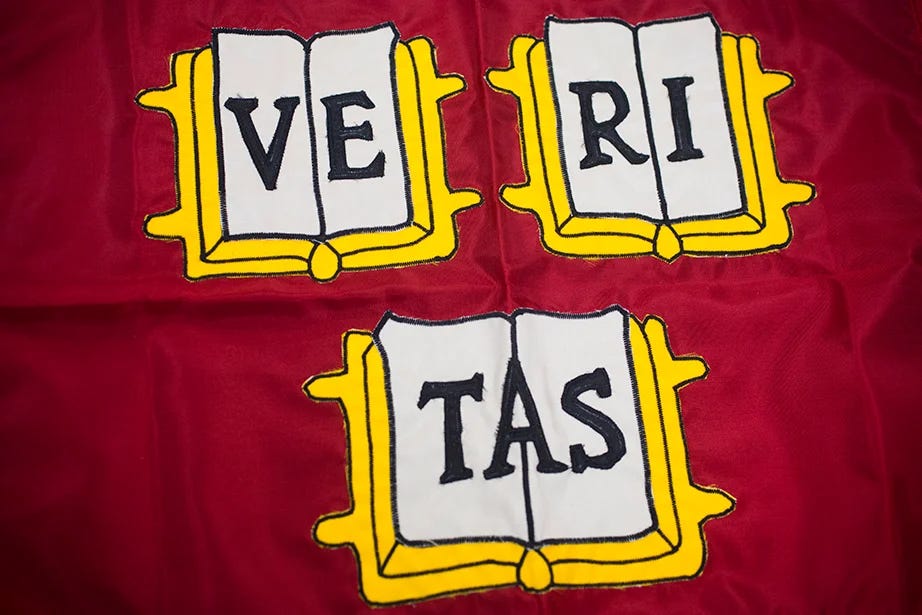
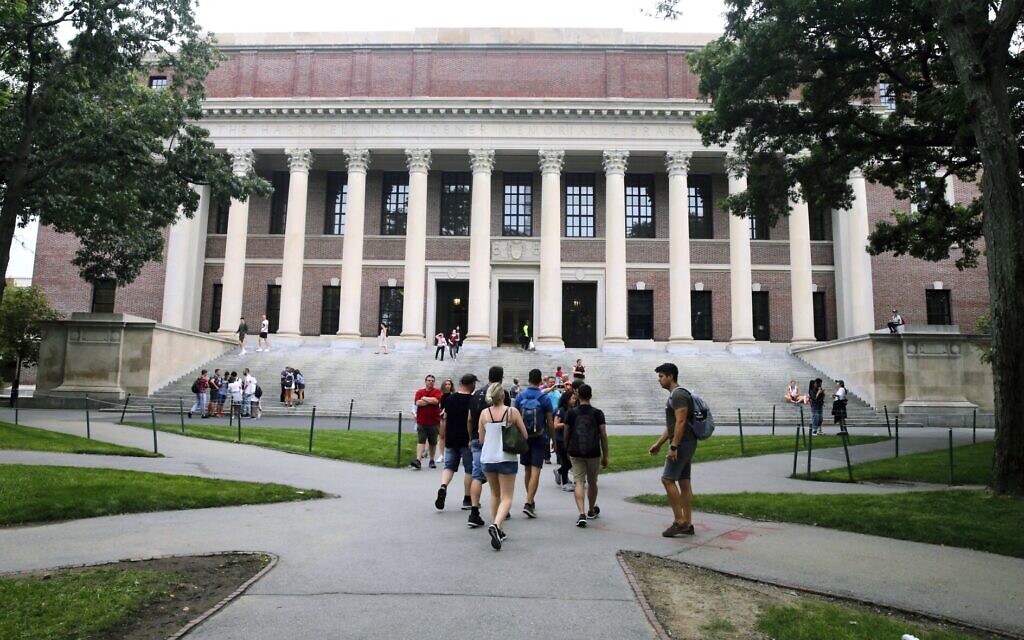
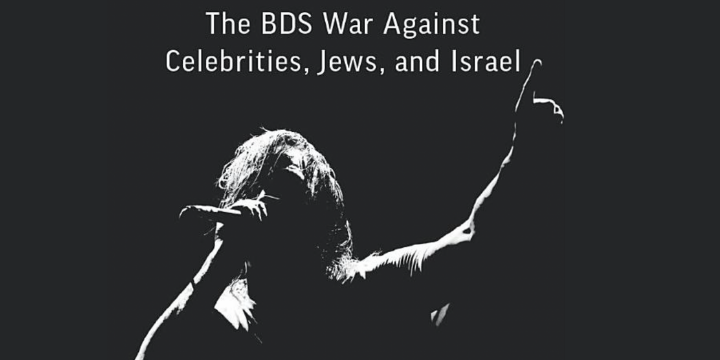
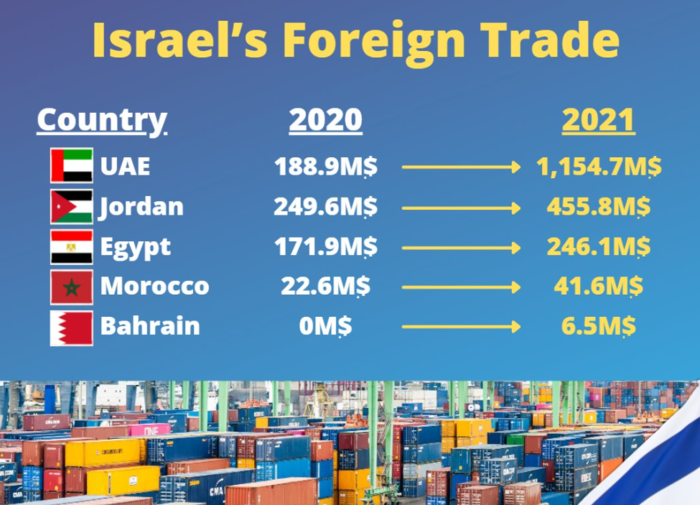
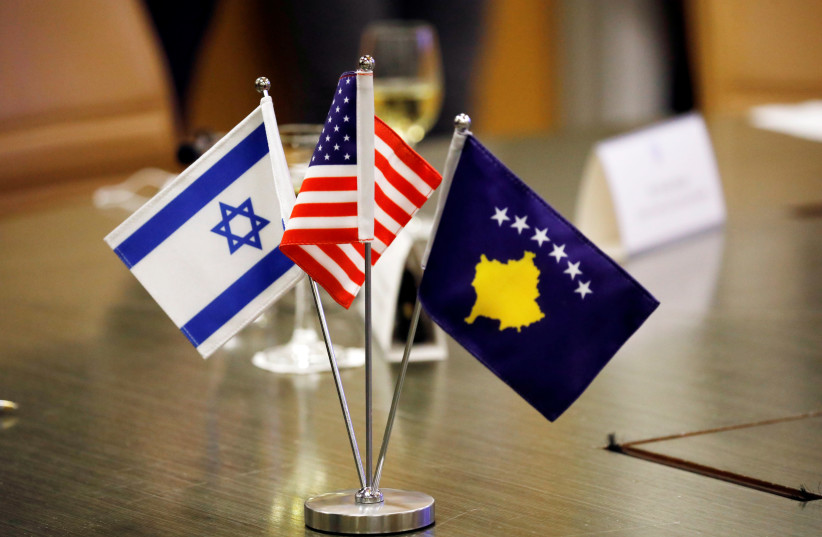
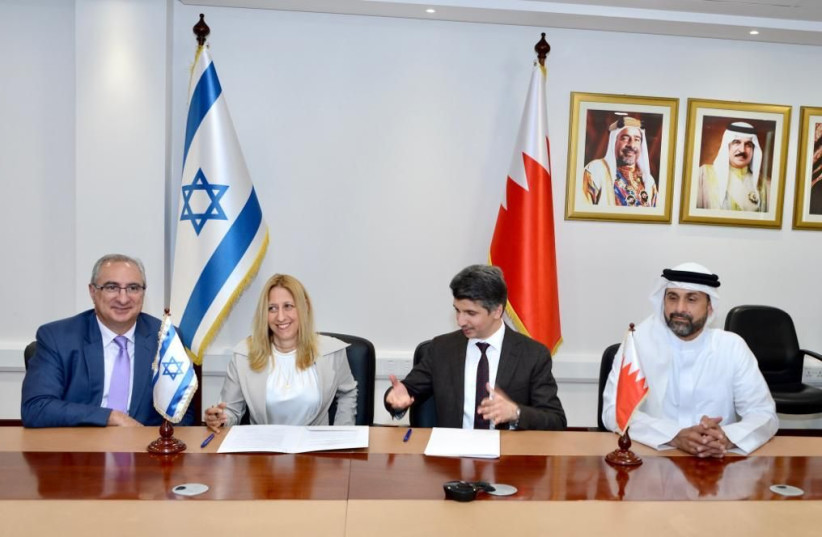

Didn't they do that a few years ago and the court struck it down?New legislation that would prohibit local UK governments from boycotting Israel was announced on Tuesday in the Queen’s Speech, an annual address highlighting the government’s upcoming priorities.
Delivered Wednesday by Prince Charles, because of Queen Elizabeth II’s unavailability for the occasion for the first time since 1963, it placed on the legislative agenda a “Boycotts, Divestment, Sanctions Bill” that “will prevent public bodies engaging in boycotts that undermine community cohesion.”
(full article online)

Queen’s Speech Announces UK Legislation Taking Aim at Israel Boycotts - Algemeiner.com
New legislation that would prohibit local UK governments from boycotting Israel was announced on Tuesday in the Queen's Speech, an annual address highlighting the government's upcoming priorities. Delivered Wednesday by Prince Charles, because of Queen Elizabeth II's unavailability for the...www.algemeiner.com
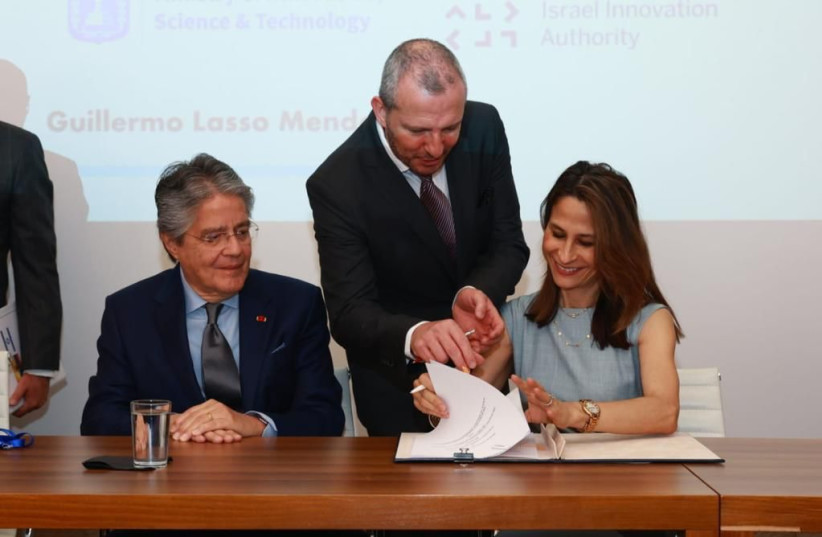


Will a Palestinian's friendship with Israelis keep his house from being bulldozed?Relations between the Jewish state and the North African kingdom have continued to deepen since the normalization agreement was signed in 2020. The resumption of ties between Morocco and Israel ended two decades of diplomatic estrangement, which was often coupled with misunderstandings and hostility.
“The Abraham Accords contributed to bring two religions and people together, and our initiative seeks to create a platform online that will help Israeli and Moroccans travel to both countries through cultural discovering,” said Errachid Montassir, 26, another Moroccan participant in the program, who is part of the “Traveling for Peace” project. “There can be volunteering opportunities where people from Israel stay with Muslim families, and Moroccan Muslims can be at Israeli families in this country. That is the key, in our opinion, for peace.”
For his project, Montassir has been working to create an app and social media pages on Facebook, Instagram and TikTok to connect people from Morocco and Israel through travel. Every app user will have access to information and tips on restaurants, hotels and attractions in both countries, and will connect to hosts on where to stay.
“Our region is facing a constant clash between positives and negatives. In fact, what is happening here is absolutely positive — nations and peoples who get along with each other building peaceful relations,” President Herzog said in a statement about the visit. “Relations between Morocco and Israel go back hundreds of years, and they have a long history.”
Michal Herzog, the president’s wife, lauded the younger generation for leading change in relations between the two countries.
“At the end of the day, it all comes down to people who know people,” she said. “Once you get to know people up close, and you discover everyone’s true character, you can no longer hold on to stigmas and prejudices.”
Morocco has a rich Jewish history, and was home to one of the largest and most prosperous Jewish communities in North Africa and the Middle East for centuries until Israel’s founding in 1948. As Jews fled or were expelled from many Arab countries, an estimated quarter of a million left Morocco for Israel between 1948 and 1964. About a few thousand Jews remain in Morocco, while hundreds of thousands of Israelis claim some Moroccan ancestry, who are either Moroccan-born immigrants or their descendants, and keep some form of attachment to the country.
“The moment I stepped out of the plane in Tel Aviv everything felt very natural and pure, whether it is the the people, or the land,” Montassir recounted. “While walking around, I saw a Jewish family, then at the same time a church service was going on and then I could also hear a Muslim prayer call. That’s unique, but also it’s pure and natural.”
For Montassir, it was what he called the “real Israel, the heart of Israel, and not the one that we see in the media” at home.
Mhijir proudly recounted that during her visit to Israel, she took her daughter to a church, to a synagogue, to the Al Aqsa mosque, and to a Druze home.
“We are rich if we know how to coexist while being different,” she said. “This I learned here; I have those values too, but I was only able to do that with my daughter here in Israel.”
The delegation’s 8-day trip, which began on May 6, included a visit to the Yad Vashem Holocaust memorial, meetings with Israelis, Druze, and Arabs, discussions with tech leaders, and tours of religious and historical sites.
The young activists visiting Yad Vashem were taken around by museum guides who were leading a group from Morocco for the first time. At the Hall of Names, the Moroccan visitors spontaneously decided to recite an Arabic prayer in memory of the victims — an emotional moment that brought all of the participants and guides to tears.
“Yad Vashem broadened my heart. As a Moroccan Muslim who grew up in a religious family, I never dreamed that I could visit Israel and learn about Jewish and Israeli history — and here I am, in the heart of Jerusalem at Yad Vashem, hearing from Jews and Israelis about their complex and difficult history,” Montassir said. “I learned the meaning of the word ‘strong’ and about the power of hope. It has strengthened my Moroccan identity, which is rooted in peace, as well as my connection with Israel.”
The visit was organized by Tel Aviv-based NGO ISRAEL-is, in collaboration with Concert Together for Israel, Israel’s Ministry of Foreign Affairs, the Mimouna Association of Morocco, Edmond de Rothschild Partnerships, and the Kulna Morocco Association. ISRAEL-is running similar virtual meetings to connect Israelis to young people from the UAE and Bahrain.
After meeting with Palestinians in Israel, Mhijir said she believes Israelis and Palestinians have a right to coexist, arguing that the spread of propaganda surrounding the conflict was not helping.
“There is no way the conflict is going to vanish unless there is communication, built into communication for peace,” she said.
As the Moroccan group returned on Friday, both Montassir and Mhijir plan to share what they saw and encourage people back home to visit the Jewish state.
(full article online)

Returning From Israel, Young Moroccans Hope to ‘Change Minds’ Back Home - Algemeiner.com
Thirty-year-old Oumaima Mhijir from Morocco took her 6-month-old daughter Amber with her to visit Israel for the first time this month, despite the objections of her family back home. “My brothers really didn't want me to come to Israel, because they thought that there was a war here and that we...www.algemeiner.com
